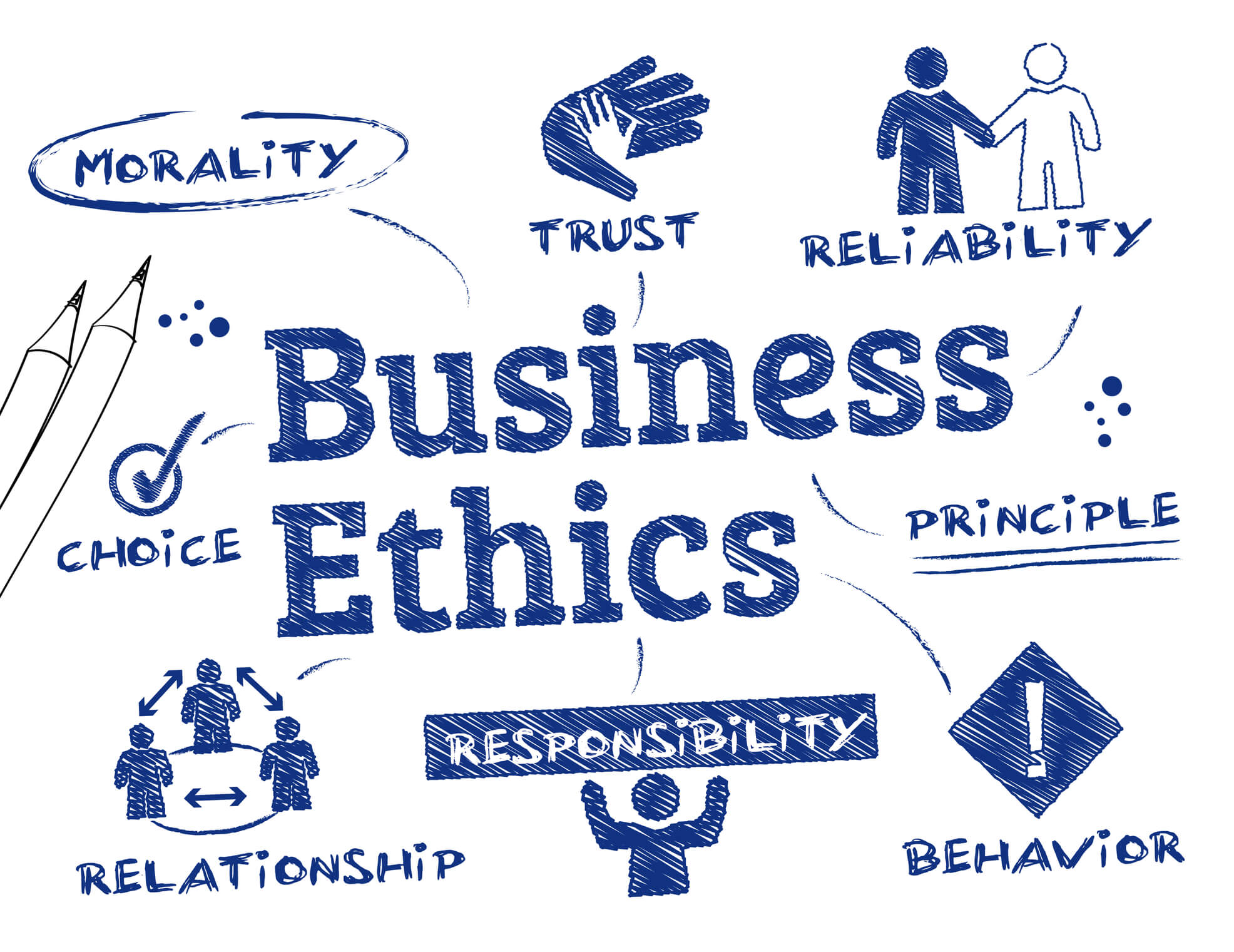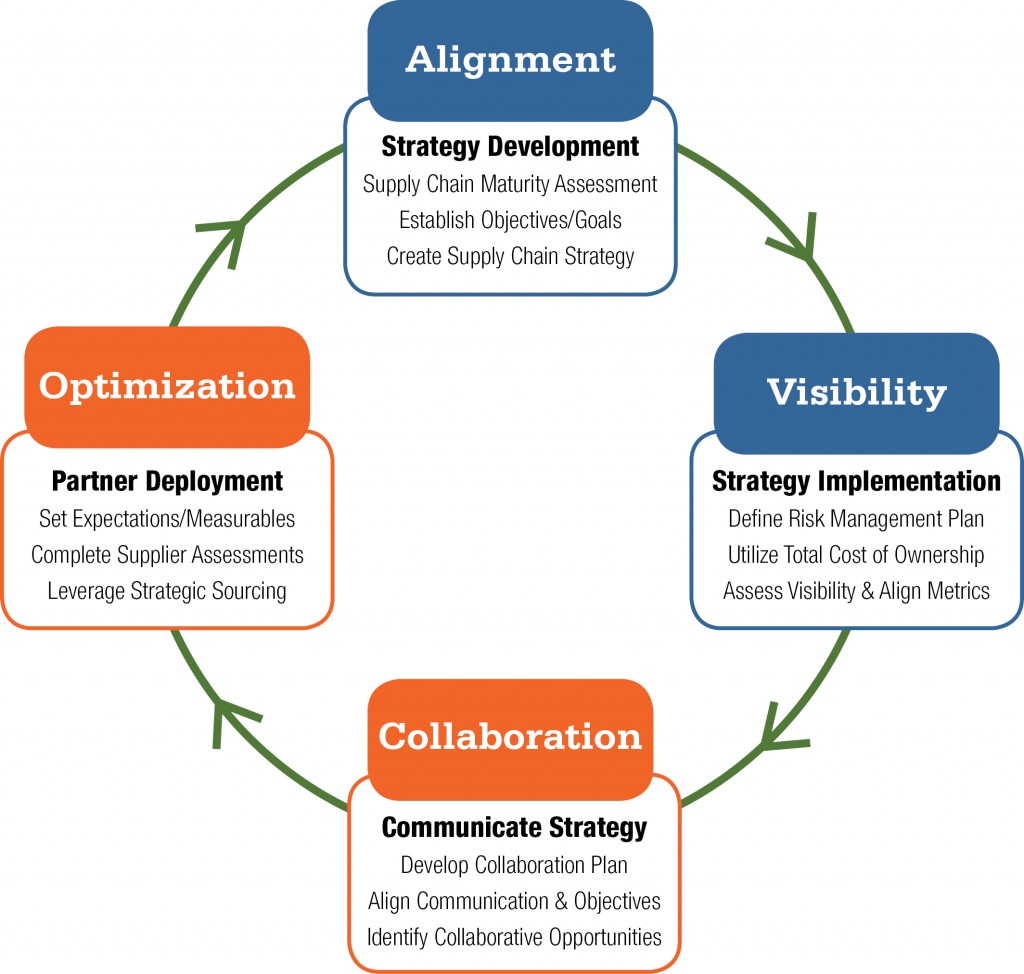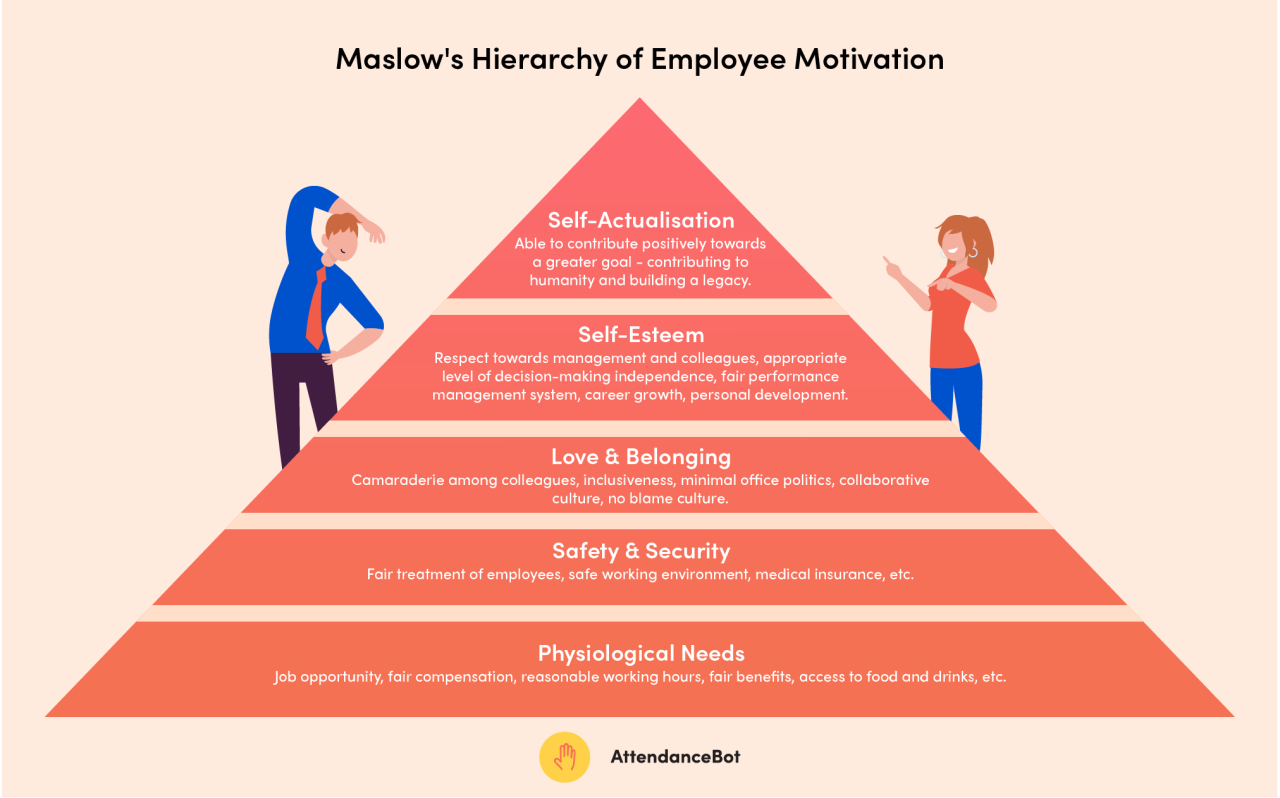Business Ethics And Values
Business ethics and values are indispensable cornerstones of successful and sustainable organizations. They guide businesses in navigating complex ethical dilemmas, fostering a culture of integrity, and creating long-term value for all stakeholders. This article delves into the intricacies of business ethics, exploring its types, benefits, challenges, and the practical steps businesses can take to cultivate an ethical culture.
Business Ethics and Values
Business ethics and values are the moral principles and standards that guide businesses in their decision-making and actions. They are essential for building trust with customers, employees, and stakeholders, and for ensuring the long-term success of a business.
In today’s competitive business landscape, it is more important than ever for businesses to operate ethically. Consumers are increasingly demanding that businesses behave responsibly, and businesses that fail to meet these expectations can face severe consequences, including lost sales, damaged reputations, and legal liability.
Ethical Dilemmas
Businesses face a wide range of ethical dilemmas, such as:
- Whether to prioritize profits over the well-being of employees or the environment
- Whether to engage in deceptive marketing practices
- Whether to bribe or engage in other forms of corruption
The consequences of unethical behavior can be severe. Businesses that engage in unethical practices can damage their reputations, lose customers, and face legal liability. In some cases, unethical behavior can even lead to criminal charges.
Types of Business Ethics
Business ethics encompasses a wide range of principles and values that guide the conduct of businesses in various aspects of their operations. These principles can be categorized into specific types of business ethics, each focusing on distinct areas of responsibility.
Corporate Social Responsibility
Corporate social responsibility (CSR) refers to the ethical obligations of businesses to consider the social and environmental impact of their operations. CSR initiatives aim to create a positive impact on society and the environment, while also contributing to the long-term sustainability of the business.
Environmental Sustainability
Environmental sustainability involves the ethical practices businesses adopt to minimize their negative impact on the environment. This includes reducing carbon emissions, conserving natural resources, and promoting waste reduction. By prioritizing environmental sustainability, businesses contribute to preserving the planet for future generations.
Employee Rights and Welfare, Business ethics and values
Employee rights and welfare encompass the ethical treatment of employees within a business. This includes ensuring fair wages, providing safe working conditions, and respecting employee rights to privacy, dignity, and freedom of association. Businesses that prioritize employee well-being foster a positive and productive work environment, leading to increased employee morale and productivity.
Benefits of Ethical Business Practices

Ethical business practices provide numerous advantages for organizations, leading to improved reputation, customer loyalty, employee morale, productivity, and reduced legal and financial risks.
Improved Reputation and Customer Loyalty
Businesses that adhere to ethical principles build a strong reputation as trustworthy and reliable. This positive image attracts customers, fosters loyalty, and increases brand value. Customers prefer to engage with organizations that align with their values and demonstrate integrity in their operations.
Challenges to Ethical Decision-Making

Businesses often face complex ethical challenges when making decisions. These challenges can arise from various factors, including:
- Conflicting stakeholder interests: Businesses must balance the interests of multiple stakeholders, such as shareholders, employees, customers, suppliers, and the community. These interests can sometimes conflict, making it difficult to make decisions that are fair to all parties.
- Competitive pressures: In competitive markets, businesses may feel pressured to compromise their ethical standards to gain an advantage over their rivals. This can lead to decisions that are not in the best interests of stakeholders.
- Limited resources: Businesses often have limited resources, which can make it difficult to make ethical decisions. For example, a company may need to choose between investing in new equipment that will improve safety for employees or investing in new marketing campaigns that will increase profits.
Case Studies in Business Ethics
Ethical dilemmas in business are not just hypothetical scenarios but real-life challenges that organizations face. Case studies provide valuable insights into how businesses navigate ethical complexities and the outcomes of their decisions. By analyzing these cases, we can extract lessons that inform ethical decision-making in various contexts.
One notable case study is that of Volkswagen’s emissions scandal. In 2015, the German automaker was found to have installed software in its vehicles that manipulated emissions tests, giving the false impression that they met environmental standards. This unethical behavior led to a loss of consumer trust, government penalties, and damage to the company’s reputation.
Another example is the Wells Fargo account scandal. In 2016, the American bank was found to have created millions of unauthorized accounts for customers without their knowledge or consent. This unethical practice was driven by aggressive sales targets and resulted in fines, legal actions, and a loss of public confidence.
Lessons Learned
- Ethical breaches can have severe consequences, including financial losses, legal liabilities, and reputational damage.
- Organizations must prioritize ethical conduct and create a culture that values integrity and transparency.
- Employees play a crucial role in upholding ethical standards and reporting any wrongdoing.
- Stakeholders, including customers, investors, and the public, expect businesses to operate ethically and hold them accountable for their actions.
Emerging Trends in Business Ethics: Business Ethics And Values
Business ethics is constantly evolving, and new trends are emerging all the time. These trends are being driven by a number of factors, including technological advancements, changing societal values, and increasing global interconnectedness.
Some of the most important emerging trends in business ethics include:
The Role of Artificial Intelligence and Technology in Ethical Decision-Making
Artificial intelligence (AI) and other technologies are playing an increasingly important role in business decision-making. This has raised a number of ethical concerns, such as:
- The potential for AI to be used to make biased or discriminatory decisions
- The need to ensure that AI systems are transparent and accountable
- The importance of protecting people’s privacy and data
The Increasing Focus on Sustainability and Social Impact
Businesses are increasingly being expected to take into account their environmental and social impact. This has led to a number of new trends in business ethics, such as:
- The rise of sustainable investing
- The increasing importance of corporate social responsibility
- The development of new ethical standards for businesses
The Changing Expectations of Consumers and Investors
Consumers and investors are becoming increasingly sophisticated and demanding. They are looking for businesses that are not only profitable but also ethical and sustainable. This has led to a number of changes in business ethics, such as:
- The increased importance of transparency and accountability
- The growing demand for ethical products and services
- The increasing pressure on businesses to address social and environmental issues
FAQ
What are the key types of business ethics?
There are several types of business ethics, including corporate social responsibility, environmental sustainability, employee rights and welfare, and ethical marketing practices.
What are the benefits of ethical business practices?
Ethical business practices can enhance a company’s reputation, increase customer loyalty, boost employee morale and productivity, and reduce legal and financial risks.
What are the challenges to ethical decision-making in business?
Businesses may face challenges in ethical decision-making due to conflicting stakeholder interests, competitive pressures, limited resources, and personal biases.
How can businesses create an ethical culture?
To create an ethical culture, businesses can establish a code of ethics, provide ethics training for employees, encourage open communication and whistleblowing, and reward ethical behavior.






